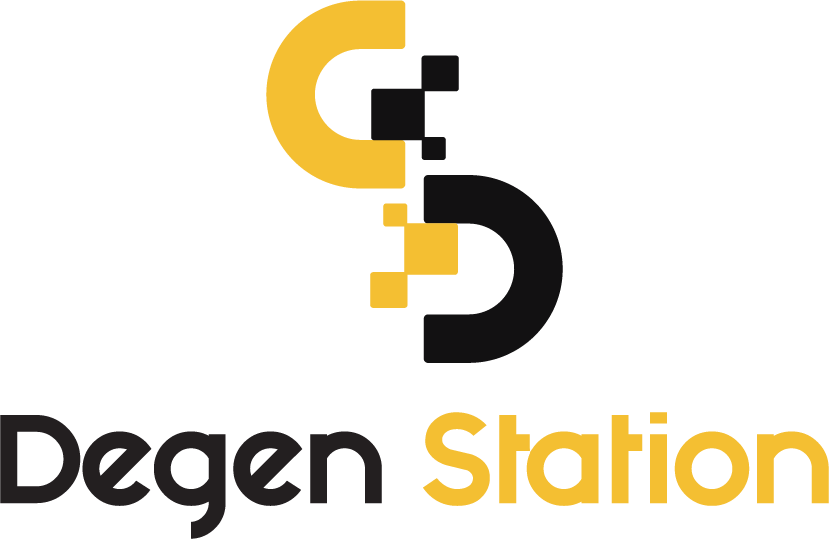Bitcoin Miners Rake in Profits from BTC Transaction Fees Amid Runes Frenzy

Bitcoin's Halving event typically drastically reduces rewards for mining companies and Bitcoin miners. However, the emergence of the Runes Protocol has altered the landscape, pushing BTC transaction fees to unprecedented highs.

Bitcoin Miners Rake in Profits from BTC Transaction Fees Amid Runes Frenzy
The fourth Bitcoin Halving event successfully took place on April 20, which was anticipated to heavily impact Bitcoin miners' revenue as block rewards for newly mined data blocks were halved by 50%. Some analyses indicated that miners might need to sell BTC to cover operational costs in the coming period.
Bitcoin's halving event every four years is designed to combat inflation risks associated with the king of cryptocurrencies by progressively reducing issuance rates. However, it also poses a challenge to miners who now face uncertainty about whether they have enough incentive to continue mining on this blockchain.
However, the introduction of the Runes Protocol by Casey Rodarmor, the creator of the renowned Ordinals protocol, has injected new vitality into Bitcoin network activities. Unexpected transactions have caused network congestion, driving transaction fees to record highs and bringing enormous profits to Bitcoin miners.
According to glassnode, affected by the Runes minting activity, on April 20, Bitcoin miner revenue reached US$106.7 million, of which 75.444% came from network transaction fees, both reaching record highs. https://t.co/lVSyqn1UaE pic.twitter.com/xjkkTor2I9
— Wu Blockchain (@WuBlockchain) April 21, 2024
Bitcoin transaction fees averaged a record $127.97 USD on April 20, coinciding with the Bitcoin Halving event and the launch of the Rune Protocol. This figure is seven times higher than the previous day's average fee and nearly double the record set three years ago. The heat generated by the Runes Protocol pushed Bitcoin fees higher even before the Halving event.

Average Bitcoin transaction fee fluctuations from late 2010 to present. Source: BitInfoCharts (April 22, 2024)
According to YCharts, total revenue for Bitcoin mining companies, including block rewards and transaction fees, soared to a record $107.8 million USD on April 20.
Mining revenue from Bitcoin reached a record $107.8 million USD on April 20 after the launch of the Runes protocol. Source: YChart.
This development could result in substantial revenue for long-standing Bitcoin mining companies such as Marathon Digital Holdings (MARA), Riot Blockchain (RIOT), Hut 8 Mining (HUT), and Core Scientific (CORZ).
According to Joe Consorti and Nik Bhatia, analysts from The Bitcoin Layer, transaction fees as a percentage of total miner revenue per block have reached an all-time high of 75%.

Current trends continue, with ClearPool mining pool successfully mining a block on April 22 with transaction fee rewards totaling 48.24 BTC, nearly double the 27-28 BTC typically received before the Halving.
CLSK was clearing 27-28 BTC on a daily basis pre-halving
— jay (@0xjaypeg) April 22, 2024
They just mined 48.24 BTC today.. 😶🌫️ pic.twitter.com/dKeISn6w7D
In a recent Hell Money podcast episode, Runes founder Casey Rodarmor expressed concerns about the protocol's potential failure. His concern stems from whether a blockchain optimized for security rather than speed or low cost can attract memecoin traders who prefer speculation and rapid changes.
However, the Runes frenzy has yet to cool down since the Bitcoin Halving event. According to the RuneAlpha website, as of April 22, approximately 6,850 runes have been issued with over 960,000 rune transactions and 80,000 holders.

"The overall Runes ecosystem could potentially be valued in the billions of dollars," blockchain researcher Saurabh Deshpande wrote in a post on Decentralised.co.





